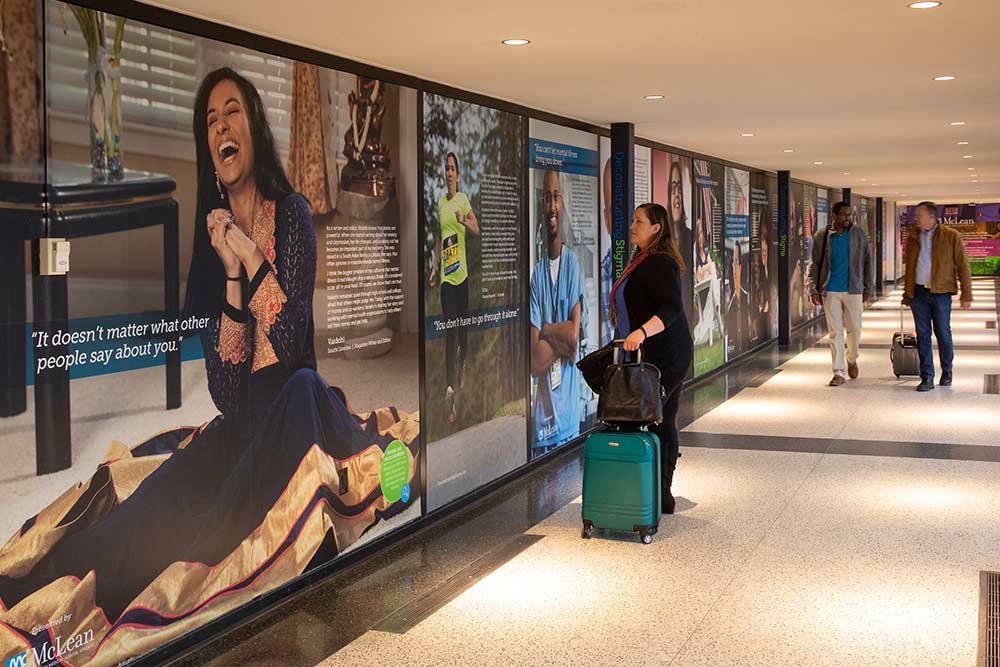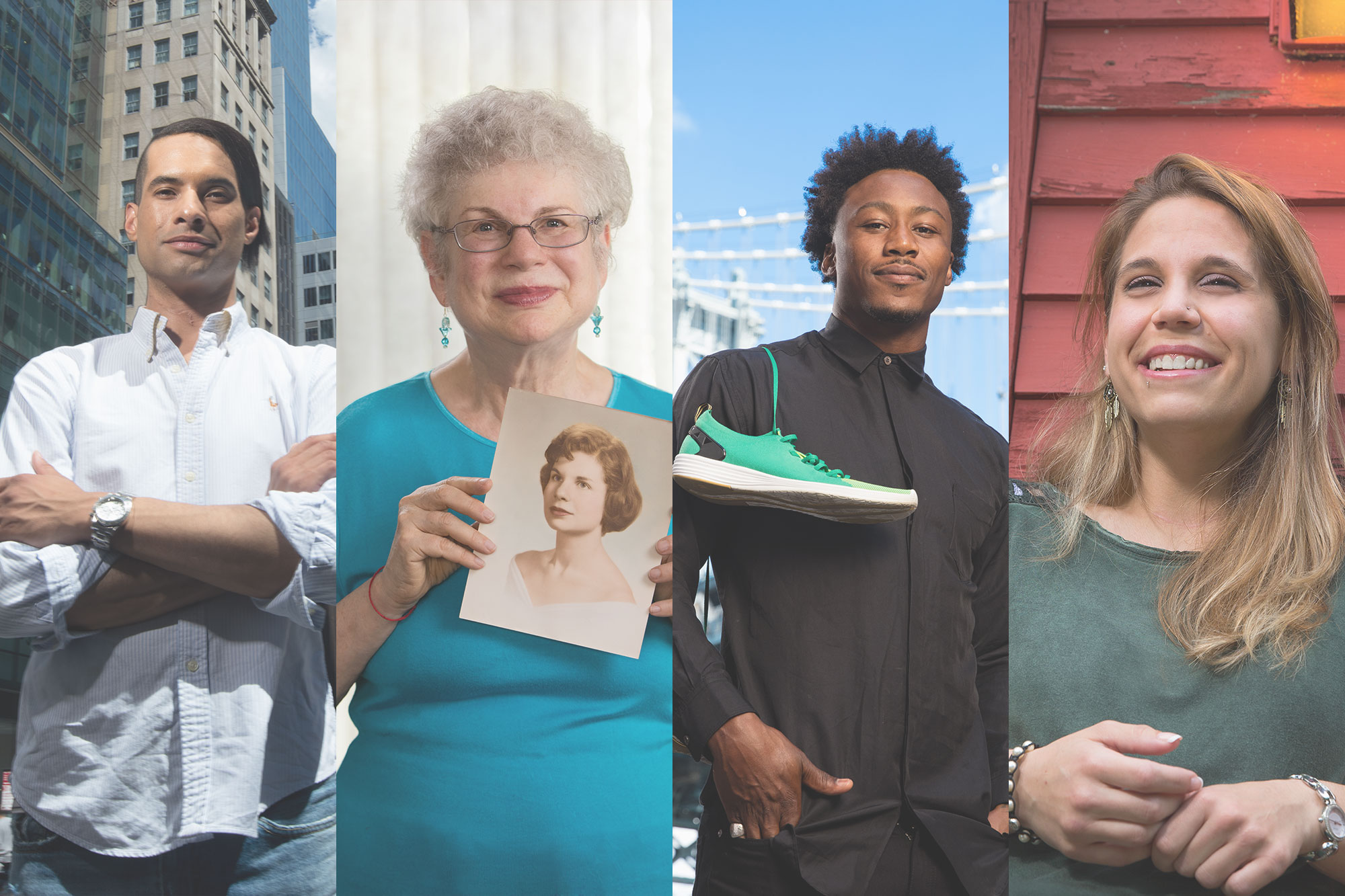Hardships are not obstacles; they are learning opportunities
Dorothy can understand what her patients are going through—not just from her knowledge as a registered nurse, but as someone who has experienced depression firsthand.
When Dorothy immigrated to the United States from Uganda in 1999, she felt isolated. She was far away from her culture, her community, and her family. Even her three children—the youngest just eight years old—remained in Uganda while Dorothy and her husband Raphael strived to create a life in the U.S.
The depression came from the loneliness. You look at everybody around you, and they do not understand exactly what you are going through. If you don’t smile at people, they will take it as, ‘She’s not a nice person.’ I am a nice person, but I’m going through something emotionally that I can’t bring up.
Dorothy’s immigration status at the time prevented her from going home to visit for more than 15 years. Dorothy and her husband both put in long hours at their jobs and worked different shifts.
They did not eat meals together; in fact, they barely saw each other.
It was extremely difficult and frustrating to live in the same house yet not be able to see each other due to our work schedules, which were beyond our control.
Dorothy’s loneliness and depression worsened. In addition to her isolation, she felt overwhelmed balancing her work schedule as a personal care assistant and mental health specialist with her duties as a traditional African wife.
I’m working now and I keep doing everything at the same time because I have to fulfill my role as an African woman. But cooking and caring for the house while working is like having two full-time jobs.
Dorothy’s faith was a comfort through her trials.
Like the prodigal son, I came to remember whose I was. I recognized that my identity was rooted in God and His Word, which strengthened my faith.
It also helped that she and her husband were open to new perspectives.
Things changed when we started to adapt and overcome cultural barriers.
For one thing, Dorothy noticed how other couples in the community shared responsibilities at home. At her church, a leader discussed how an egalitarian partnership can be healthy.
I was like, ‘OK, a husband can cook.’
Raphael listened when she talked with him about the strain she felt. When he began to cook, clean, and go to the market, it relieved her stress.
Another shift happened when evolving technologies allowed her to easily communicate with her family in Africa. Through videoconferencing, especially, she experienced what was happening at home by looking at her loved ones’ faces. She even attended parties remotely.
The breakthrough came along with the video; that way, you are not missing anything.
It took five years, but Dorothy’s spirits lifted.
By declaring the promises of God, having my husband as a strong supporter, and seeking help for my mental health, I eventually experienced a lifting of my depression.
She began to connect with other African immigrants in her community of Waltham and other towns in Massachusetts.
Her sense of belonging flourished. In 2008, she founded the Boston chapter of Women of Purpose International (WOPI), an organization that empowers immigrant women as they settle into their new homes in America.
My mental health is doing well—that’s why I want to help others. As an immigrant, I know what I went through.
In addition to promoting overall health and wellness, WOPI is dedicated to addressing issues such as domestic violence, addiction, and discrimination. In recent years, the organization expanded its outreach to communities in Uganda, where it connects individuals to vital health care services, particularly in the field of psychiatric care.
In Uganda, there is still a lot of stigma surrounding mental health. This is evidenced by the terms still used to refer to mental health hospitals, which are translated as ‘the place of the mad’ or “the place of the insane.’
All of Dorothy and Raphael’s children joined them in the U.S. in 2014. Recently, Dorothy authored a book that details her experiences as an immigrant.
She believes that by learning about the journeys of others, people can feel less isolated and discover how others have overcome challenges.
Dorothy feels that those who share their own experiences can also find comfort in knowing they are not alone.
Because when you are helping someone, you end up helping yourself.

